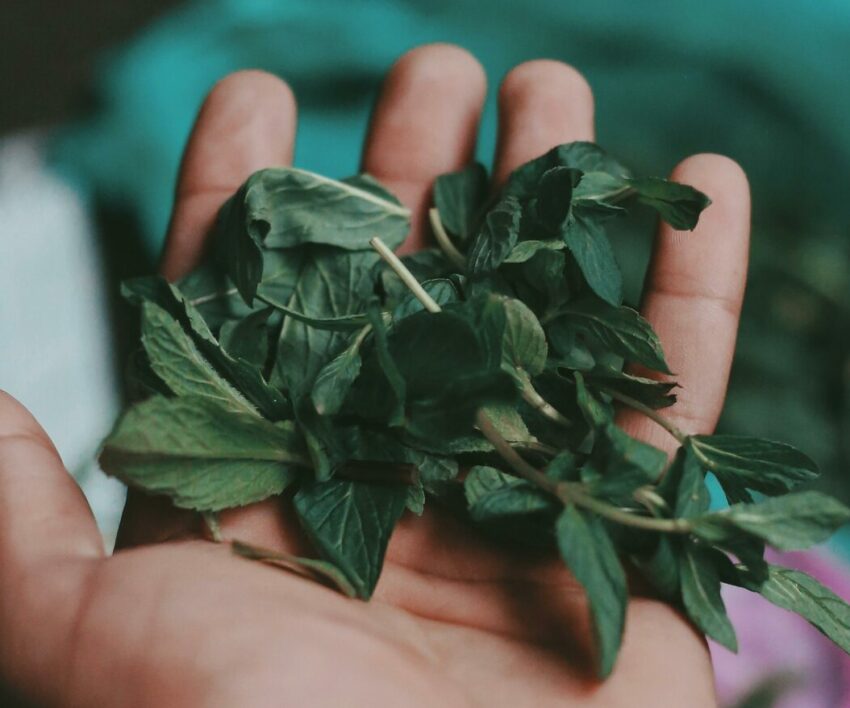
If you are a lover of tea and genuinely take an interest in discovering new flavours and brews, then the term Moringa is not new to you. The moringa plant, also known as the drumstick tree, native to North India is known for its rich level of various vitamins and minerals, making the plant or leaves more specifically a great option for those looking for an extra boost to their overall health.
Benefits of moringa:
The moringa plant is most notable for being extremely rich in antioxidants. Although much of the plant is edible, the leaves are the most used. With its antioxidant properties, the plant may potentially help to increase blood antioxidant levels and aid in heart disease or type 2 diabetes.
The plant is said to contain various vitamins and minerals such as B1, B2, B3, magnesium, calcium and potassium (leaves contain a similar amount of potassium to bananas). It is also high in amino acids, iron and protein.
More potential benefits of moringa plants:
Helps to treat diabetes:
We all know how tough it can be to ensure that our sugar levels are kept at normal regulations. The moringa plant may help to ensure the protection of organs from damage and help with the management of blood sugar.
Arthritis:
The moringa has been used for centuries in its indigenous land to help with the relief of arthritis potentially helping with the reduction of swelling, pain and redness.
Skin & hair:
Moringa can be used in the form of seed oil which can be beneficial to helping to heal skin wounds and fungal infections. It can be used in the hair as well to encourage hair growth and a healthy scalp.
Stomach:
If you frequently struggle with stomach problems or constipation the moringa can potentially help to ease the discomfort of constipation by working as a natural laxative. With the plant’s high level of antibacterial properties, it may also help with the growth of certain infections or germs.
Kidney and liver:
Moringa is a fantastic natural remedy which could help with the prevention of kidney stones and is said to also be a great option to lower the risk of a fatty liver.
How is moringa used?
Moringa can be found in many forms with most of the plant being used for consumption. It can be consumed as a supplement, or tea and additionally can be an addition to various health smoothies and salads.
Potential risks
Although the plant has been used in various cultures for centuries the risk of consumption is low. It is strongly advised that before the purchase of the plant or supplements, a doctor is consulted before use.
Compiled by: Katelin Maggott
First published by Food & Home
Also see: 5 Houseplants to add on your windowsill




